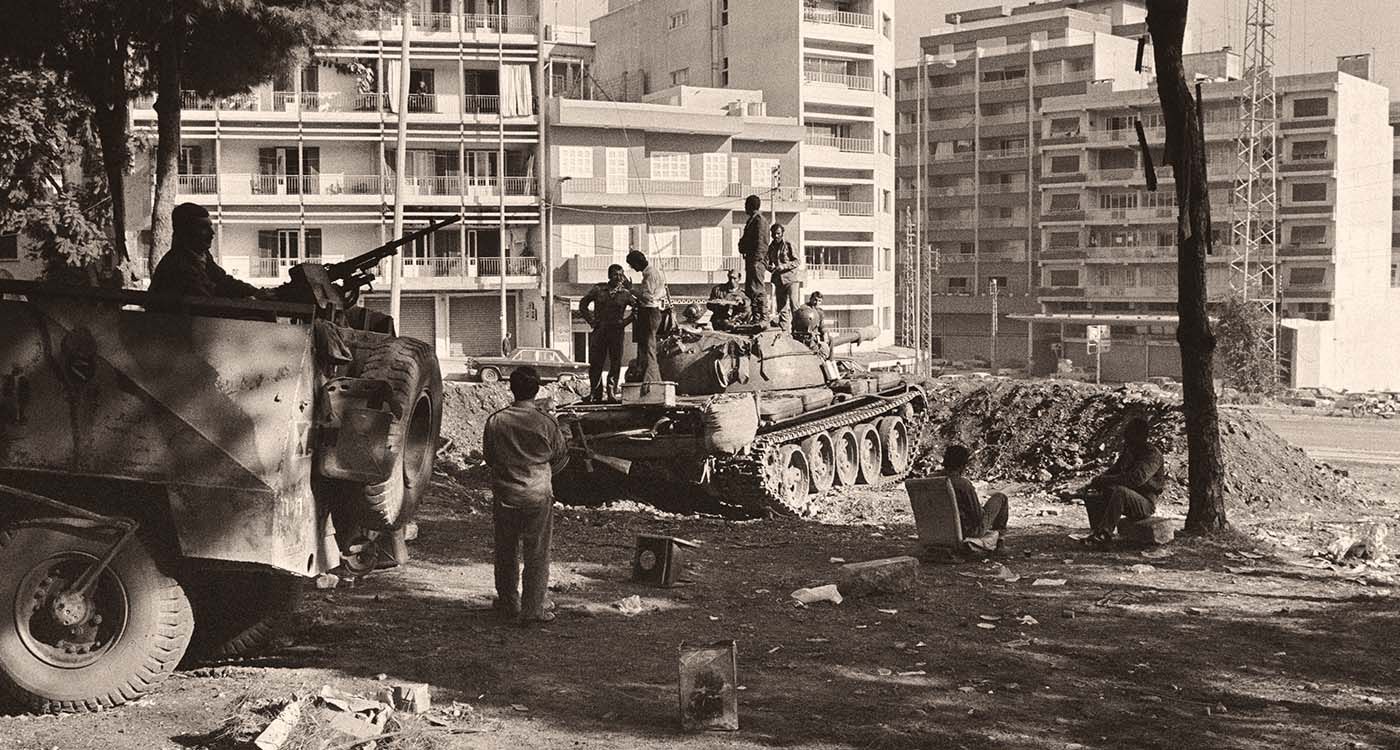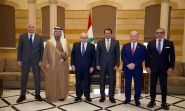
Each time the issue of Hezbollah's disarmament arises, the specter of civil war is invoked. When the party was at the height of its power, discussing its weapons was off-limits. Anyone who dared to bring up the topic was branded a traitor and an (Israeli) agent, accused of trying to strip Lebanon of its “strong card.” The message was clear: any hand that reached for the weapons would be cut off, and these weapons would remain as long as Israel existed.
These arms were used in the war of support that decimated Hezbollah's leadership and much of its military infrastructure. Yet, Hezbollah agreed to the ceasefire, the implementation of UN Resolution 1701 and related resolutions, which called for the party’s disarmament and the dismantling of its military structure. However, rather than complying, Hezbollah reiterated that disarmament is unacceptable at this stage, citing Israel’s ongoing occupation of Lebanese land. The party insists that a defense strategy must be reached through dialogue, and imposing a disarmament timeline could trigger a civil war.
Despite being fully aware that these weapons are ineffective against Israel and fail to serve the Iranian agenda it has followed for decades, Hezbollah refuses to relinquish them. The party’s insistence on retaining them seems primarily driven by a desire to confront its political rivals, using these weapons as a powerful leverage to impose its internal agenda on the Lebanese people. Paradoxically, despite all that has transpired, Hezbollah continues to disregard Lebanon’s national interests. It either fails to fully understand the messages being sent to Lebanon, or it understands them but willfully ignores them, aware of the potential negative consequences. This approach reflects a mindset of “on me and my enemies.”
It is now evident that Lebanon cannot achieve stability, prosperity, investment or sound economic and financial conditions, nor any meaningful Arab or international engagement, unless Hezbollah’s weapons are handed over to the state. There is simply no justification for the continued existence of these weapons in any form. The issue no longer requires dialogue, defensive strategies or any of the euphemisms used to retain them. All previous attempts in this regard have failed to achieve the desired result. Under President Michel Sleiman, the Baabda Declaration was rendered ineffective, before its ink had barely dried. Under President Michel Aoun, discussing what was called a “defensive strategy” was forbidden, and it wasn’t until the final months of his presidency that he addressed the issue. Today, Hezbollah’s position appears unchanged under President Joseph Aoun, who has reaffirmed that the state holds exclusive authority over weapons and the decisions of war and peace.
The points outlined above make it clear that what is needed today is a firm decision from the state, demanding that all armed groups in Lebanon surrender their weapons within a defined timeframe. Any refusal to comply should be regarded as a challenge to the state’s authority, and the state must respond with the appropriate legal measures for dealing with lawbreakers. This issue cannot be framed as sedition or civil war, because surrendering arms to the state represents peace, while rebellion against it is war. Unless, of course, the weapons are intended as bargaining chips in Iran's negotiations with the United States—a scenario the US appears unwilling to allow, especially with groups like Hamas in Gaza, Hezbollah in Lebanon, the Popular Mobilization Forces in Iraq and the Houthis in Yemen — all of which are teetering on the brink of collapse.




Comments